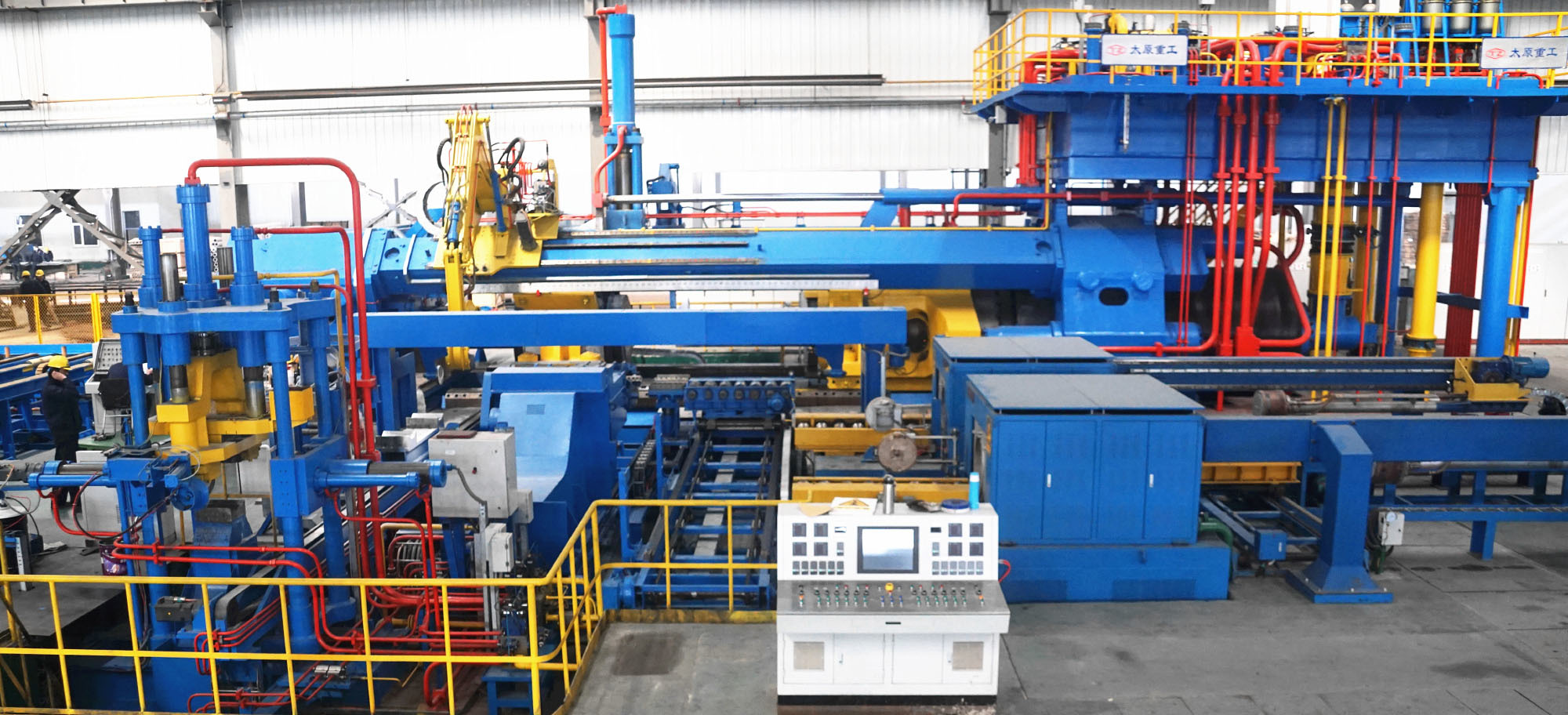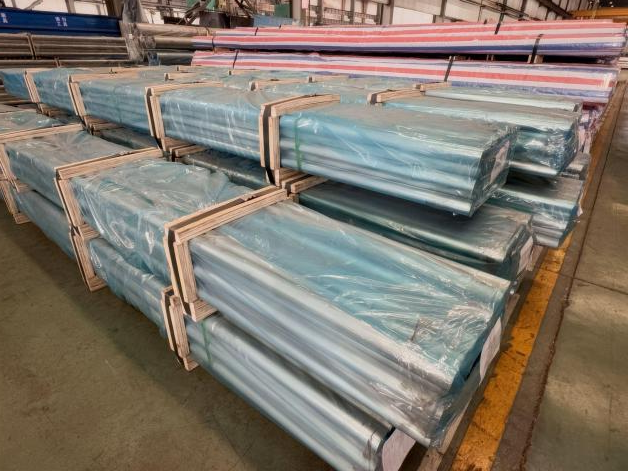Understanding 7050 Aluminum Alloy: Properties, Applications, and Benefits
The 7050 aluminum alloy belongs to the 7000 series of aluminum alloys, primarily composed of zinc as the major alloying element. It is often recognized for its excellent strength-to-weight ratio, which makes it particularly valuable in industries that demand lightweight yet strong materials. The alloy typically contains additional elements such as magnesium and copper, which enhance its overall pe
Jun 17,2025
The 7050 aluminum alloy belongs to the 7000 series of aluminum alloys, primarily composed of zinc as the major alloying element. It is often recognized for its excellent strength-to-weight ratio, which makes it particularly valuable in industries that demand lightweight yet strong materials. The alloy typically contains additional elements such as magnesium and copper, which enhance its overall performance.
One of the standout features of the 7050 aluminum alloy is its exceptional resistance to stress corrosion cracking. This property is particularly important in aerospace and marine applications, where components are often subjected to harsh conditions and environments. The alloy’s ability to maintain strength in these scenarios ensures durability and longevity, thereby reducing the need for frequent replacements.
Moreover, the 7050 aluminum alloy exhibits good weldability and machinability, making it easier to manufacture into complex shapes and components. This versatility opens up a wide range of applications, particularly in the aerospace industry, where it is used in aircraft structures, fuselage components, and wing structures. The automotive industry also benefits from the use of 7050 aluminum alloys, as manufacturers seek to improve fuel efficiency through weight reduction.
In terms of mechanical properties, the 7050 aluminum alloy is known for its high tensile strength, which can reach up to 700 MPa in some temper conditions. This strength is combined with excellent toughness, which helps prevent catastrophic failure under load. Additionally, the alloy maintains its properties over a range of temperatures, making it suitable for both high and low-temperature applications.
Another significant advantage of 7050 aluminum alloy is its ability to be heat treated to achieve desired mechanical properties. The heat treatment process enhances the strength and ductility of the alloy, allowing it to meet the specific requirements of various applications. This adaptability is a key factor in its widespread use across industries.
In conclusion, the 7050 aluminum alloy stands out as a superior material for those seeking strength, durability, and performance. Its unique combination of properties, including resistance to stress corrosion cracking and excellent machinability, make it an essential choice for aerospace, automotive, and other demanding applications. Understanding the benefits and applications of 7050 aluminum alloy can help professionals make informed decisions in material selection for their projects.
One of the standout features of the 7050 aluminum alloy is its exceptional resistance to stress corrosion cracking. This property is particularly important in aerospace and marine applications, where components are often subjected to harsh conditions and environments. The alloy’s ability to maintain strength in these scenarios ensures durability and longevity, thereby reducing the need for frequent replacements.
Moreover, the 7050 aluminum alloy exhibits good weldability and machinability, making it easier to manufacture into complex shapes and components. This versatility opens up a wide range of applications, particularly in the aerospace industry, where it is used in aircraft structures, fuselage components, and wing structures. The automotive industry also benefits from the use of 7050 aluminum alloys, as manufacturers seek to improve fuel efficiency through weight reduction.
In terms of mechanical properties, the 7050 aluminum alloy is known for its high tensile strength, which can reach up to 700 MPa in some temper conditions. This strength is combined with excellent toughness, which helps prevent catastrophic failure under load. Additionally, the alloy maintains its properties over a range of temperatures, making it suitable for both high and low-temperature applications.
Another significant advantage of 7050 aluminum alloy is its ability to be heat treated to achieve desired mechanical properties. The heat treatment process enhances the strength and ductility of the alloy, allowing it to meet the specific requirements of various applications. This adaptability is a key factor in its widespread use across industries.
In conclusion, the 7050 aluminum alloy stands out as a superior material for those seeking strength, durability, and performance. Its unique combination of properties, including resistance to stress corrosion cracking and excellent machinability, make it an essential choice for aerospace, automotive, and other demanding applications. Understanding the benefits and applications of 7050 aluminum alloy can help professionals make informed decisions in material selection for their projects.
Latest Developments











